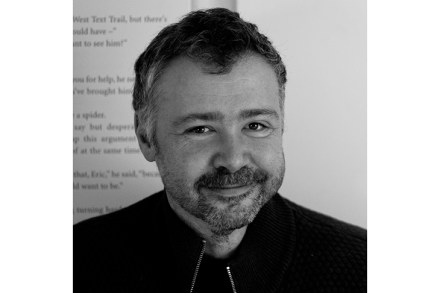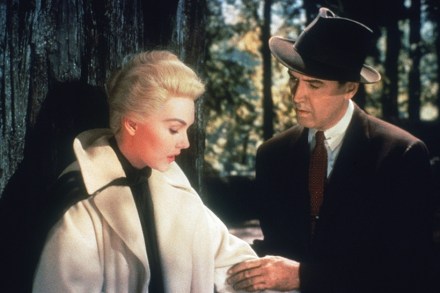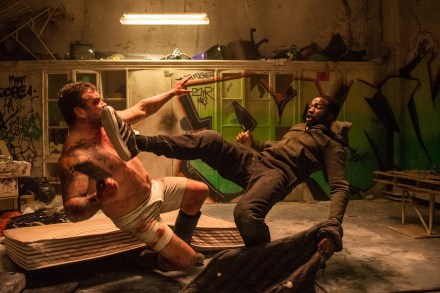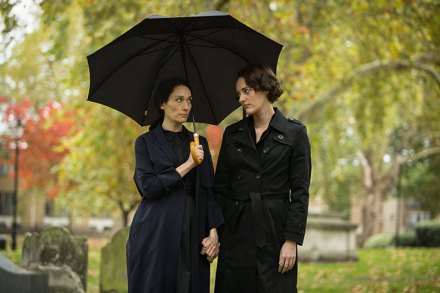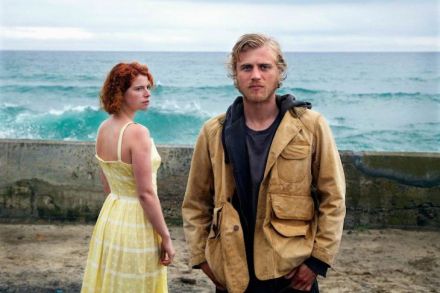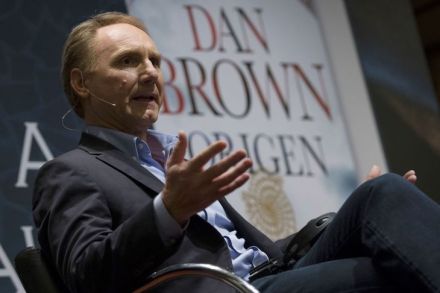On the track of a mysterious recluse: Maxwell’s Demon, by Steven Hall, reviewed
This is not the age of experimental fiction — it’s Franzen’s, not Foster Wallace’s. That shift was on its cusp in 2007, when the critic James Wood had declared in favour of realism, and Steven Hall published his debut, The Raw Shark Texts. It was a British metafictional novel that created a big splash. Noted for its innovative design, it transformed into a flick book in which a text-block shark menaced the reader. In the years since its publication, mainstream experimentalism has paled into the cosy, metafiction-lite of Matt Haig, though there’s quality stuff on the fringes — Rob Doyle’s Threshold, for example. Hall has been undeterred by shifting fashions,
